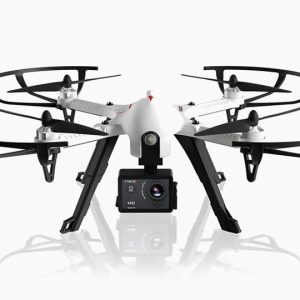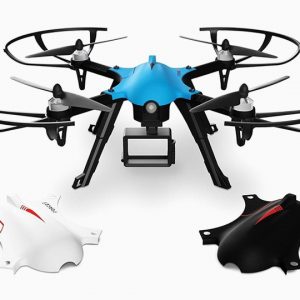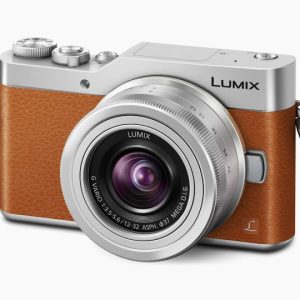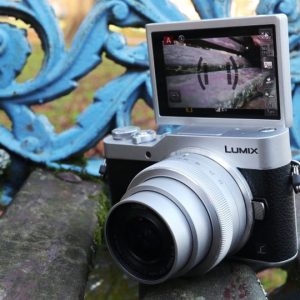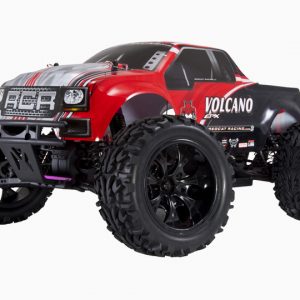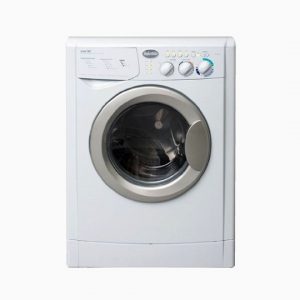Nikon D3300 Camera Review
The Nikon D3300 was until very lately our selection of entry-level DSLRs. It certainly clicks many containers for first-time customers – the 24MP sensor provides excellent pictures, you can easily use, has an amazing battery power and is backed-up by an amazing range of accessories and lenses. The appearance though of the D3400 with almost similar specifications and built-in connectivity for approximately the same price indicates the latest camera just sides it.
The Nikon D3300 may have been changed by the D3400, but that’s absolutely no purpose to lower price this entry-level DSLR.
Despite the increasing use of mirrorless cameras, the entry-level DSLR market is still extremely well-liked for those looking to take the next step in their camcorders trip.
Nikon’s range of D3xxx designs has shown extremely well-liked over the years for new customers looking to flourish their creativeness thanks to their combination of simple managing and strong efficiency, backed-up by an amazing range of accessories and lenses.
The quality may be the same as the D3200, but the Nikon D3300 has many other developments under the hood. Primary among these is the new Exceed 4 image-processing motor. Nikon’s quickest processer yet, it enhances the D3300’s ISO level of sensitivity to an amazing highest possible of 25,600 and its capturing amount to 5fps – not top of the group but very amazing for an entry-level camera. There are also a few new automatic flash ways, such as a choice for complete flash.
The D3300 also provides one big lack over from its predecessor: built-in Wi-Fi. While Nikon presented built-in wi-fi with the D5300, the technological innovation did not continue to the D3300, which still depends on the independently available WU-1a adaptor. It is not a large irritation, just take note that you will have to spend an additional £40 or so if you want to use Wi-Fi on your D3300.
Design
The D3300’s controls indicate its place as an entry-level DSLR. The focus is on convenience, with the lowest of calls and control buttons. As we have seen before on many, a Nikon camera, menu-navigating controls are on the right and selection and playback control buttons are to the left of the LCD display. It is all as quickly and user-friendly as it has been on past models: no problems here.
Performance
Most of the D3000 series has used Multi-CAM 1000 with 11-point auto-focus system by Nikon, and the D3300 recognizes absolutely proved its best performance. You could claim that 11 AF factor is a little measly these days, and you’d be right, but in fact, we had few problems with the D3300’s AF. It did wonders in shiny light and while its amount wasn’t stunning it was quick enough for us.
Quality
The D3300 generates excellent pictures and images, and this is thanks in no small part to its outstanding metering system. Wherever we went with you, we discovered the evaluative metering system making sensible decisions.
Color-wise, you work as well as we have come to anticipate from Nikon. The Auto White Stability is a good all-rounder, efficient, reliable and safe. We would suggest taking charge when capturing in the natural environment to prevent it over-neutralizing the colors.
Verdict
An uncomplicated but highly effective camera, the Nikon D3300 hits an outstanding balance between the entry-level needs of easy and quality. It is not without its problems most especially that it challenges to keep pictures clean at high breathing difficulties. However, the price is hard to affect, and the D3300 really does do a lot of things right.
- • High resolution at the low price
- • Excellent value
- • Easy to use
- • Great value
- • No optical low-pass filter
- • High pixel count
- • Great performance for the entry-level camera
- • No built-in Wi-Fi
- • Awkward manual focusing with the kit lens
- • Limited connectivity options
- • High levels of image noise
- • Few direct controls
Specification: Nikon D3300 Camera Review
| Built-in Flash | Yes |
|---|---|
| Touch Screen | No |
| Image Format | JPEG, JPEG RAW |
| Batteries Included | Yes |
| Battery Type | EN-EL14a Lithium-ion Battery and Charger |
| Weight (g) | |
| Warranty Summary | 2 Years Domestic Warranty |
| Compatible Card | SD Card |
| Flash Memory | 12.00 m (at ISO 100) |
| Display Type | TFT LCD |
| Display Size (inch) | 3 |
| Video Quality | HD |
| Aspect Ratio | 16:9 |
| HDR Support | Yes |
| Continuous Shots | Yes |
| Self-timer | Yes |
| Metering Modes | 5 Frames per Second (fps) Shooting Speed with the Bright 0.85x Viewfinder |
| Auto Focus | Yes |
| Shutter Speed | |
| Release Modes | Yes |
| Video Resolution | |
| View Finder Type | Eye Level Pentamirror Single Lens Reflex Viewfinder |
| Display Resolution | 921000 |
| Lens Construction | D-ZOOM KIT: AF-P 18-55mm VR + AF-P DX NIKKOR 70-300mm f/4.5-6.3G ED VR Kit Lenses |
| Effective Pixels (MP) | |
| View Finder | Yes |
| Temperature | 0DegreeC – 40DegreeC |
| Lens Mount | Nikon F Mount |
| Dust Reduction | Yes |
| Compatible Lens | Autofocus is Available with AF-S and AF-I lenses, Non-CPU Lenses can be Used Mode M, Camera Exposure Meter will not Function. Electronic Rangefinder can be used with Lenses that have a Maximum Aperture of f/5.6 or Faster |
| Manual Focus | Yes |
| Lens Type | with AF-P 18-55mm VR Kit Lens |
| Maximum Aperture | F/5.6 |
| Sensor Type | CMOS |
| Shooting Modes | Manual |
| ISO Rating | |
| Tripod Socket | Yes |
| Wifi | No |
| Color | Black |
| Type | DSLR |
| Model Number | D3300 |
| Model Name | D3300 |
| SLR Variant | Body with Lens: AF-P 18-55mm VR + AF-P DX NIKKOR 70-300mm f/4.5-6.3G ED VR Kit (16 GB SD Card + Camera Bag) |
| Brand Color | Black |
| Ports | Hi-Speed USB |
| Brand | Nikon |






